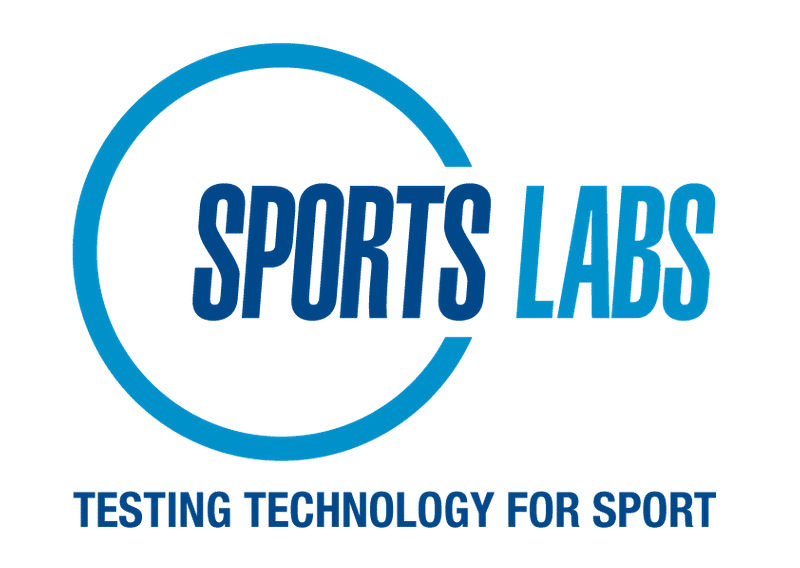Artificial Turf: How Do We Assess Quality?
Artificial turf used in sports facilities will, in general, come with a certification from a national or global governing body. You should not consider the purchase of an artificial turf system without first assessing the results of its tests and evaluations under laboratory conditions prior to leaving a factory. In this brief guide, we provide key things to be aware of when considering the purchase of a new artificial turf field.
Did you know your artificial turf is thoroughly evaluated under laboratory conditions before leaving the factory?
Turf manufacturers submit their materials to Sports Labs for stringent evaluation before their products are supplied to clients. Samples will be evaluated for performance, safety, and durability against strict pre-set criteria. (See the list given below.) These tests are in addition to quality checks a manufacturer will carry out on its production runs. The general idea is to characterise every aspect of the turf system before it is offered up for sale. This includes things such as, for example, the amount of yarn in a product, or its backing weight and pile height. All of these qualities can be checked on the products supplied to any site, so a buyer can be assured it is basically the same.
Why are turf products subjected to stringent tests before they are supplied to clients?
All the tests at Sports Labs are designed to ensure the constituent materials satisfy the required specification(s) for the job and that they will perform to the required level for the expected duration.
There are, of course, many other reasons. Regulations for certain sports will require a certificate for the field. If there is no product test, there will be no field certificate for the main sports played. Rules of the game dictate that a field-of-play must be to a certain standard. Liability is also a key factor to consider -- a certified field should be a safe one.
What tests are called up and what do the results mean?
Product evaluation is generally split into two categories – performance testing and identification testing. Under performance, we would also include safety. Performance testing is used to determine whether the full-system construction meets required specifications for ball-surface interaction, player-surface interaction, and durability. Identification testing is performed on individual components of a system to determine the suitability and verify they match manufacturers declared data.
Check out this video to get a better idea of product testing.
How does testing help ensure you're buying a quality product?
Testing ensures a product's quality matches and satisfies the stringent tests outlined above. This gives peace of mind to the purchaser that a product will satisfy the required safety and performance expected, not only now but throughout its lifecycle.
What should I look for from a supplier?
Look for products that provide official reports to show they have been tested in accordance with the governing body specifications (ie. FIFA, World Rugby, FIH, IAAF etc). A competent manufacturer will be able to supply the necessary paperwork and is registered on one or all of the global governing body websites. If you need more information, get in touch at info@sportslabs.co.uk. Or refer to the links below.
Where can I get more information?
www.sportslabs.co.uk
https://football-technology.fifa.com
http://playerwelfare.worldrugby.org
http://www.fih.ch/https://www.iaaf.org/


